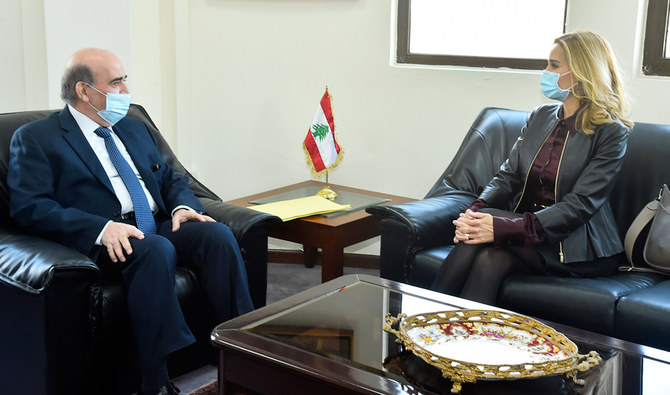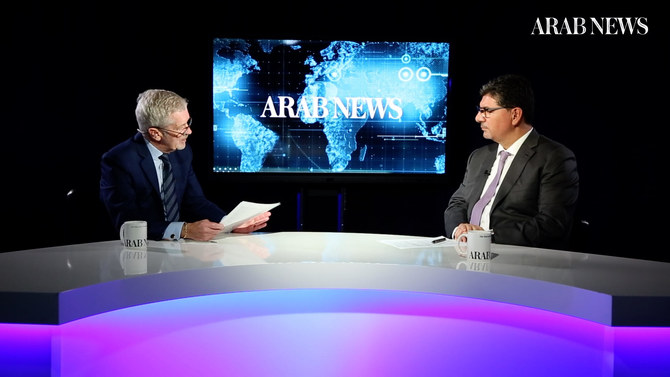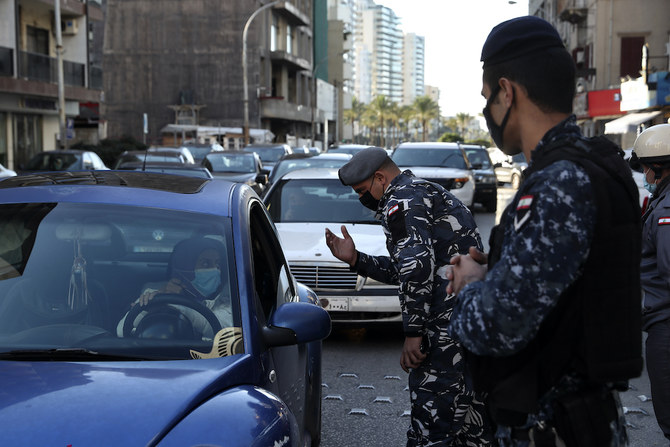
by english.aawsat.com — Maronite Patriarch Beshara al-Rahi stressed Sunday that the Lebanese Constitution was written to be respected by officials and not to become a source of tension. “The Constitution has been created to be implemented and not to be a cause of dispute,” he said during Sunday’s mass service in Bkirki. It was also written “to be a source of agreement and not a source of disagreement.” His statement came in light of a recent political dispute between President Michel Aoun and Prime Minister-designate Saad Hariri on the President’s role in forming the new government.
Aoun says the President has a constitutional right to approve the names of the proposed ministers before signing its decree, while Hariri accuses the President of rejecting, without any explanation, the lineups he has been presenting him. Rahi reminded politicians of “Article D” of the Constitution, saying the people are the source of authority and sovereignty and therefore, shall exercise these powers through the constitutional institutions. “Don’t you fear God, the people and the court of conscience and history? How can unyielding political positions – that are destructive for the state as an entity and constitutional institutions – persist and under what national conscience and under what justification?”










